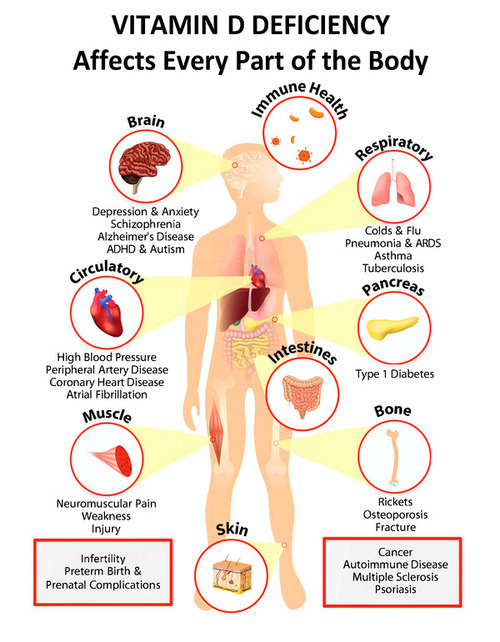Vitamin D deficiency is a prevalant issue that affects a significant portion of the population. This condition, characterized by low levels of vitamin D in the body, can have far-reaching consequences beyond just bone health.
Vitamin D deficiency is often discussed in relation to calcium absorption and the maintenance of strong bones. However, this essential micronutrient plays a crucial role in various aspects of overall health. Many individuals are prone to vitamin D deficiency, especially in areas with limited sunlight exposure and durng the winter months. The widespread use of SPF (Sun Protection Factor) sunscreens in facial creams further contributes to vitamin D levels by blocking the sun’s rays necessary for its produciton in the skin.
One of the primary concerns associated with vitamin D deficiency is its potential to cause electrolyte imbalances. Electrolytes, such as calcium, magnesium, and potassium are responsible for carrying electrical signals throughout the body. When vitamin D levels are low, it can disrupt the delicate balance of these essential minerals, leading to potential health issues.
Overcoming Vitamin D Deficiency
Fortunately, increasing vitamin D levels can be achieved relatively quickly through dietary sources and supplements. Fatty fish like salmon, tuna, and mackeral are excellent natural sources of vitamin D. Additionally, beef liver, cheese, and egg yolks contain varying amounts of this vital nutrient. Many foods, including milk, yogurt, orange juice, and certain cereals, are also fortifiece with vitamin D to help meet daily requirements.
It’s important to note that factors such as obesity and malabsorption syndromes like Crohn’s disease can adversely affect the body’s ability to absorb and utilize vitamin D effectively. In such cases, consulting with a healthcare professional and considering appropriate supplements may be necessary to address vitamin D deficiency.
Electrolyte Imbalance
Beyond its well-known role in bone health, vitamin D deficiency has been linked to various other health concerns, including electrolyte imbalance and heart-related issues. Irregular heartbeats are often caused by disruptions in electrolyte levels, as calcium, magnesium, and potassium play crucial roles in regulating heart muscle contractions and electrical signals.

Vitamin D supports cardiac health by maintaining electrolyte balance and promoting proper muscle functin. Adequate vitamin D levels can decrease inflammation, lower blood pressure, improve insulin sensitivity, and enhance vascular function. Collectively, these benefits may reduce the risk of heart disease and alleviate symptoms like irregular heartbeats and palpitations.

While vitamin D is essential for overall health, it’s crucial to maintain appropriate levels. Excessive supplementation over an extended period can lead to vitamin D toxicity, resulting in high blood calcium levels (hypercalcemia). This electrolyte imbalance can cause calcium deposits in blood vessels and soft tissues, potentially increasing the risk of atherosclerosis and abnormal heart rhythms due to altered electrical conduction.
Remember, the information provided is for educational purposes only and should not be taken as medical advice. It is alway best to consult with your healthcare provider for personalized guidance and recommendatipns regarding vitamin D deficiency and its potential impact on your health.
Barry Schustermann
Follow me on X @BarrySchust
Follow me on Facebook @Barry Schust



